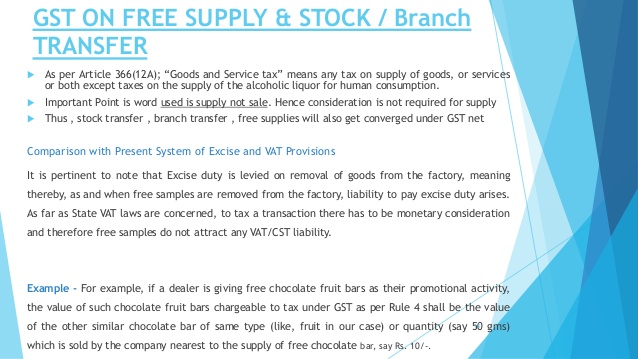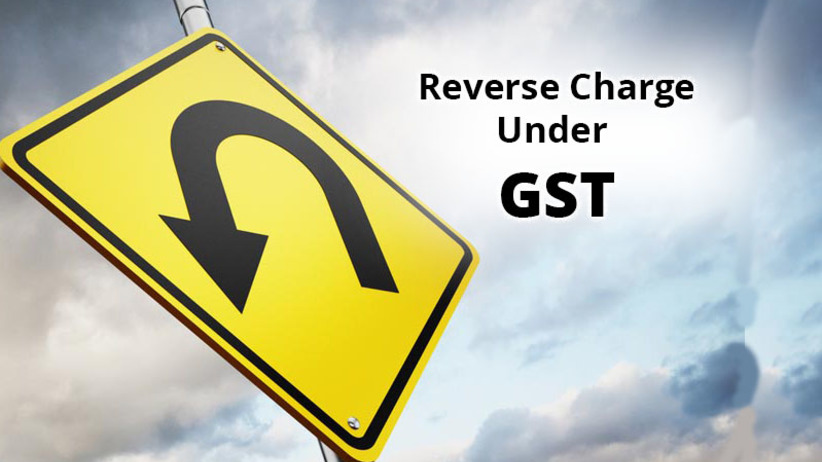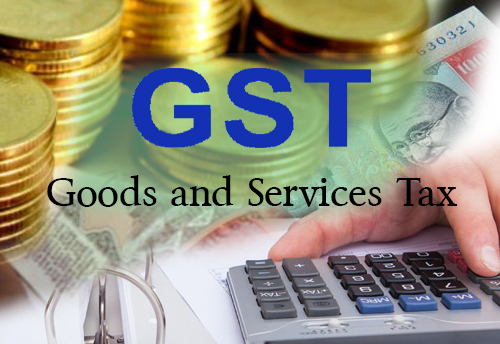GST for Real Estate Sector – Discussing the Impact

The impact of the GST on various industries varies, and here are some of the features of GST for real estate sector.
Goods and Service Tax as is commonly referred to as GST is the tax that prevents the business owners from paying multiple taxes to the State and Central governments. Various taxes of the State and Central governments of India are blended into one, and this also helps in creating a common market in the country. This monsoon session GST got the approval unanimously from both the houses of parliament. Recently, the President of India has signed to pass this amendment as the bill in the parliament, and post this amendment, GST Act would come into effect. The law will come into effect on April 1st, 2017.
One of the highest contributors to the GDP of the country is the real estate industry, and it employs highest number of people after agriculture. The housing sector contributes up to 6% of our economy’s Gross Domestic Product (GDP). Hence the inclusion of GST for real estate is a great boon for buyers as the rate of GST is lower than the all the current rates in total.

Why Real Estate Sector is included in GST Law?
If real estate industry is not included, the other sectors might end up paying higher GST taxes. There are many taxes to be paid by the housing sector business owners, and this helps them to pay an amalgamated tax that is usually lesser. There is a chain of transactions involved because various industries go hand in hand with the real estate sector, say the cement industry.
When real estate sector is included in GST law, there would more revenue generated to the country. As a result of the inclusion of real estate sector in GST law, the cost of housing would come down to a significant extent, and also improve property tax compliance. Obviously GST for real estate, this brings down black money also.
Present Taxation Scenario in Real Estate
Currently, the consumers of real estate sector need to pay a broad range of taxes that include VAT, stamp duty, sales tax, and registration charges. With GST for real estate sector, the indirect taxes are eliminated. For the builders, the non-creditable tax costs like entry tax, customs duty, and a lot more make up to 21 to 24% of taxes. So, this would be included in the pricing of the property after implementation of GST in April 2017.
This is because the builder would have procured all the raw materials and supplies by now for the under construction properties that are to be handed over in 2017 or later. So, the buyer would be charged higher for the under-construction properties to meet the ends.


 Sales Tax For E-Commerce: 3 Things Small Businesses Should Know
Sales Tax For E-Commerce: 3 Things Small Businesses Should Know  What Is The GST Liability on Free Supply of Goods and Services?
What Is The GST Liability on Free Supply of Goods and Services?  Some FAQs about GST- Understanding Scope and Provisions of GST
Some FAQs about GST- Understanding Scope and Provisions of GST  Understanding the Reverse Charge mechanism under GST and IGST?
Understanding the Reverse Charge mechanism under GST and IGST?  Pros and Cons of GST- Is Ushering in of GST worth Celebrating as media wants us to believe?
Pros and Cons of GST- Is Ushering in of GST worth Celebrating as media wants us to believe?  Arrests and Detention Provisions under GST in Detail- Are these justified
Arrests and Detention Provisions under GST in Detail- Are these justified  ITAT Amritsar: No Section 269SS Violation for One-Time Cash Payment Before Sub-Registrar
ITAT Amritsar: No Section 269SS Violation for One-Time Cash Payment Before Sub-Registrar  Tax Officials Unleash Digital Dragnet: How New Raid Powers Redefine Privacy, Property Rights in India and likely to Fuel Corruption
Tax Officials Unleash Digital Dragnet: How New Raid Powers Redefine Privacy, Property Rights in India and likely to Fuel Corruption  Income Tax Department Rewards for Reporting Tax Evasion: A Comprehensive Guide
Income Tax Department Rewards for Reporting Tax Evasion: A Comprehensive Guide  Forfeiture of Gratuity by Employer- What are the Remedies for an employee- Can employer be challenged?
Forfeiture of Gratuity by Employer- What are the Remedies for an employee- Can employer be challenged?